High temperatures, frequent water streams, spills, and heavy industrial cooking equipment put commercial kitchen flooring to the test every day.
The stringent criteria don’t stop there, either.
If you’re looking for floor tiles to purchase for a commercial kitchen of a restaurant, you’ll need this guide of materials that can meet a number of criteria, including:
Safety: a surface with slipping resistance, increases traction, and reduces falls
Sanitation: a floor that is simple to maintain and resistant to the daily use of strong cleaning products
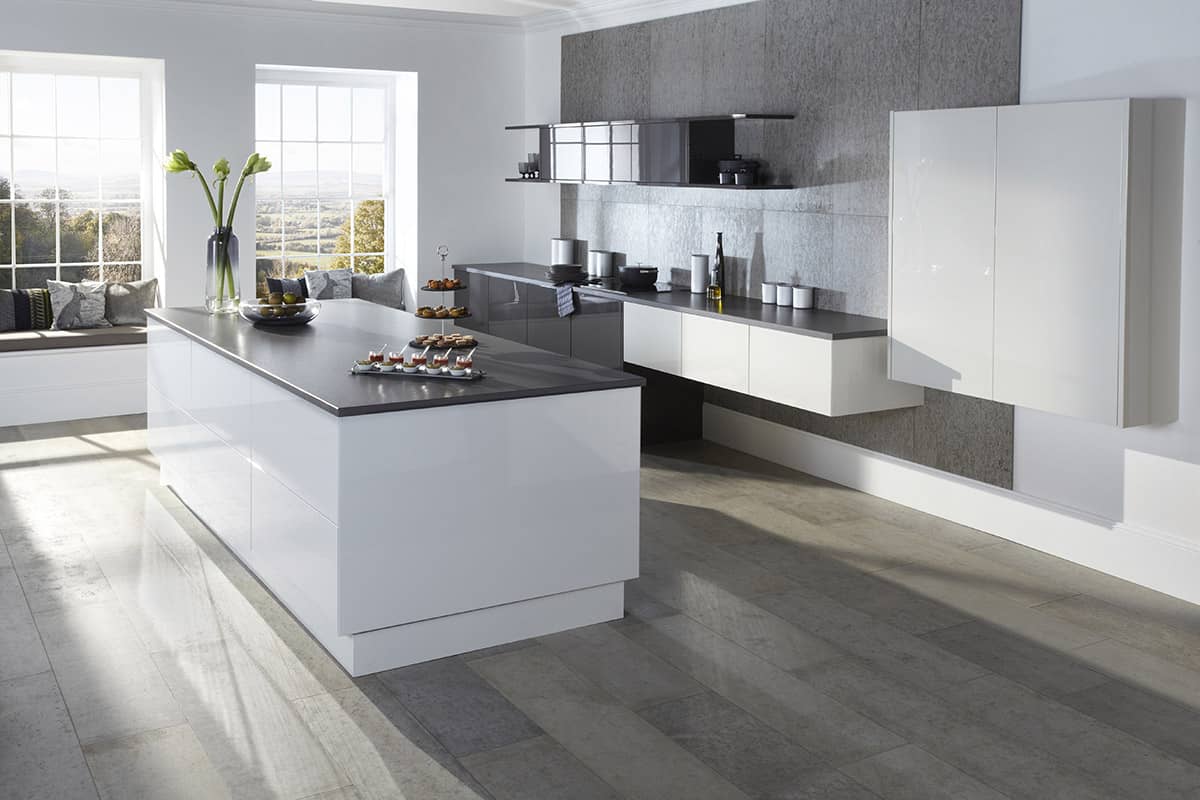
A pre-treated substance for infection control that restricts microbiological development and infection
A floor that is comfortable for kitchen employees to stand on for extended periods of time
Aesthetics: something that supports your branding, fits your interior design plan, and, if applicable, generates ambiance.
What materials then satisfy each of these needs? While genuine stone tile and brick are employed in select specialized contexts, ceramic tile and vinyl flooring are the two most common flooring choices for commercial kitchens.
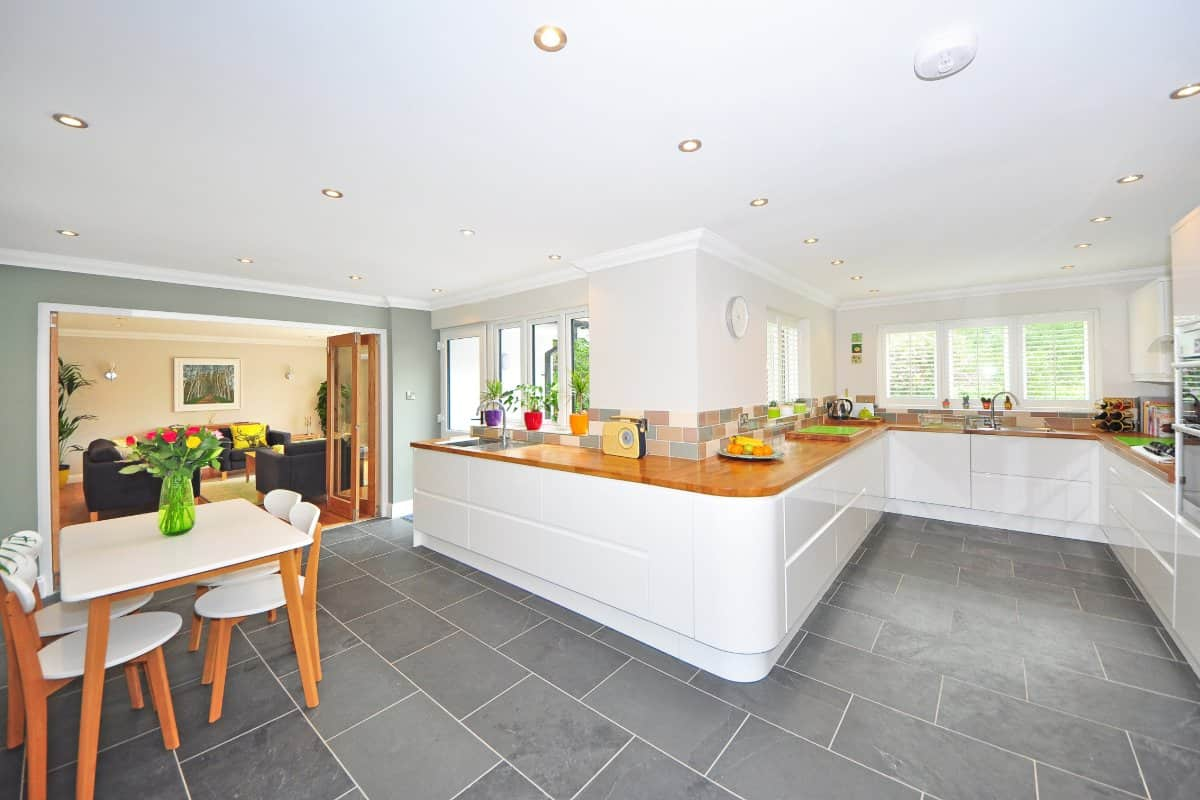
Clay wall tile
The ceramic tile is made by forming a clay mixture into tiles and firing them in a kiln. Ceramic is tough, long-lasting, and simple to clean, requiring little upkeep.
It is available in porcelain and non-porcelain composites. Ceramic is pre-glazed with molten glass to protect the surface from stains, water, and wear and tear in commercial kitchen situations.
Ceramics that have not been glazed is porous and cannot sustain the demands of a commercial kitchen.
Since manufacturers can produce the glaze in almost any design, including wood grain and other natural patterns, ceramic can likewise take on almost any appearance. Without closing down the kitchen, you may replace broken tiles one at a time.
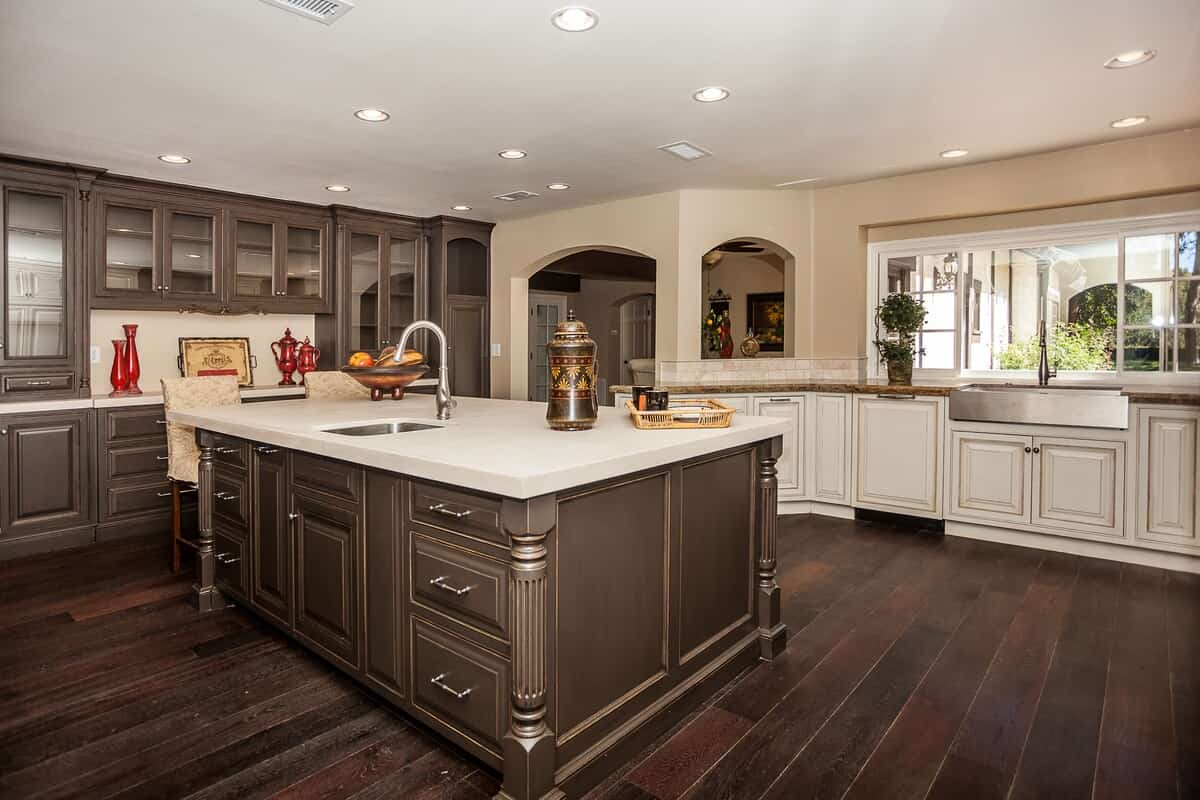
Business vinyl flooring
Commercial vinyl flooring, commonly referred to as resilient flooring, is created from a combination of synthetic and natural polymers that are organized to produce the highest level of durability.
Vinyl composition tile (VCT), luxury vinyl tile (LVT), and sheet flooring are the three different forms of vinyl flooring.
Limestone, filler, thermoplastic binder, and color pigments are combined to create VCT, which is manufactured as sheets and then cut into tiles.
Although it employs multiple coats of polish to protect its surface, it is a poor choice for commercial kitchen flooring since it needs frequent stripping, waxing, and re-coating.
But the stronger alternatives are LVT and sheet flooring. They are mostly composed of limestone-based material, with some composites, and have a digital graphic film layer put on top of the foundation layer.
These vinyl floors offer great design adaptability and are tough and resistant to heat, water, and stains.
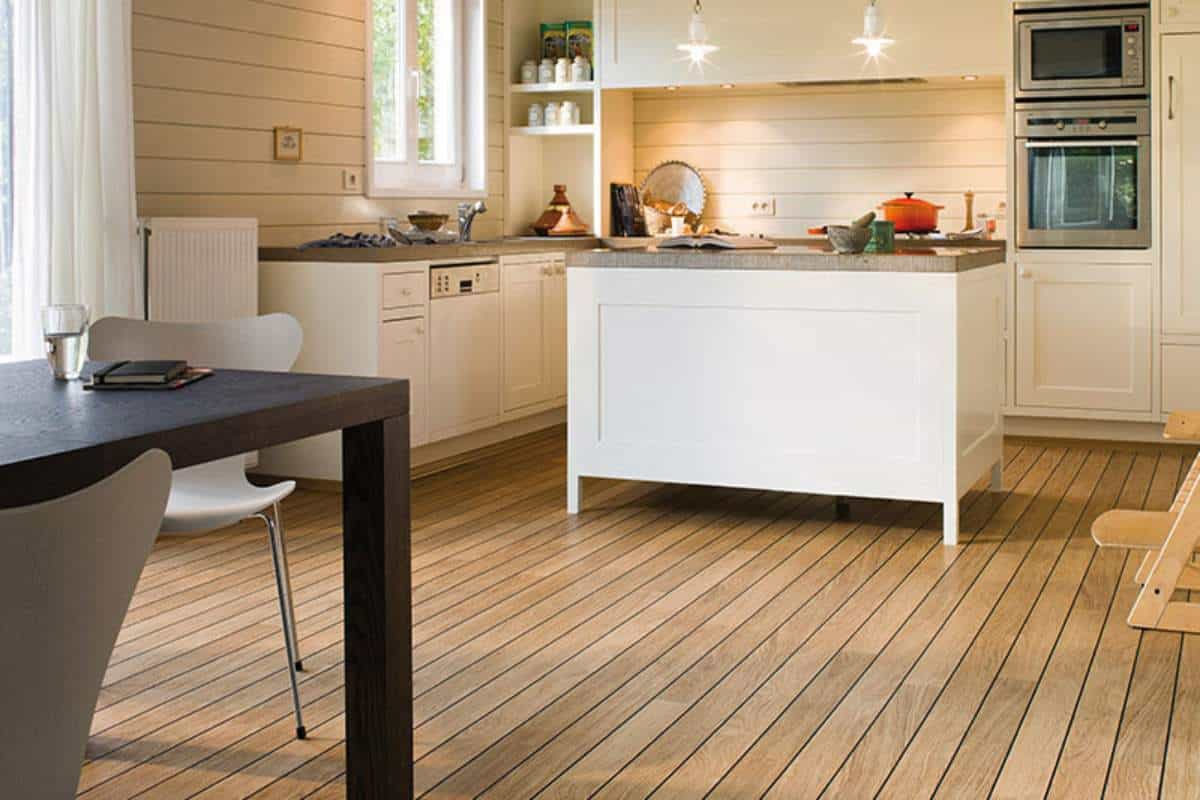
Manufacturers can virtually print any design on the digital graphic film layer, enabling LVT and sheet flooring to produce any pattern and even blend in with organic materials like stone tile.
The most affordable alternative for commercial kitchen flooring is vinyl, which also has a number of other fantastic benefits.
Modern LVT and sheet flooring can be pre-treated to prevent infection.
One of the most popular and slip-resistant types of safety flooring is vinyl.
Kitchen staff members’ lives are made easier since sheet flooring reduces the number of seams on the floor.
Kitchen employees who spend much time standing and walking on the floor will be comfortable if vinyl flooring is laid over a plush underlayment since vinyl flooring takes on the characteristics of its subfloor.
Wet mopping is the only real requirement for maintenance, and the majority of cleaning products won’t damage the surface.
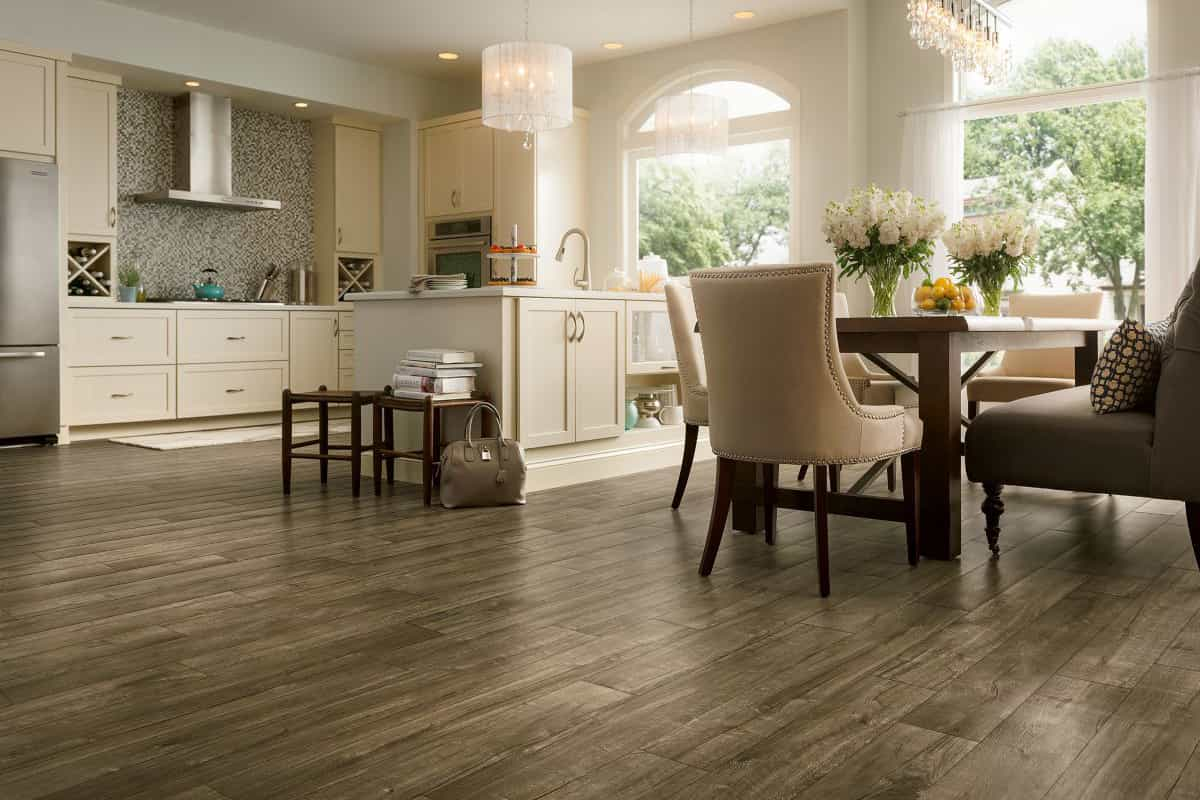
Brick and tile made of natural stone are special materials.
The two specialty materials that are most frequently utilized in commercial kitchens are brick and natural stone tile.
Both are pricier than ceramic and vinyl flooring, but they are utilized in some cafés, delis, and restaurants where the kitchen is visible to the public and plays a significant role in the atmosphere and branding.
Brick and stone can offer elegant appearances and a cozy, welcoming atmosphere. Red brick tones have been known to make diners hungry quietly.
Materials extracted from the soil are used to create the natural stone tile. Each stone has distinct qualities, and some are more suitable for use in commercial kitchens than others.
Avoid polished surface tiles made of natural stone whenever possible since they are slick when wet.
Denser stones, such as slate and granite, are easier to clean and more stain-resistant. Honed or brushed materials provide good traction. The porous nature of all natural stone tiles needs periodic protective coating application and many daily washing items.
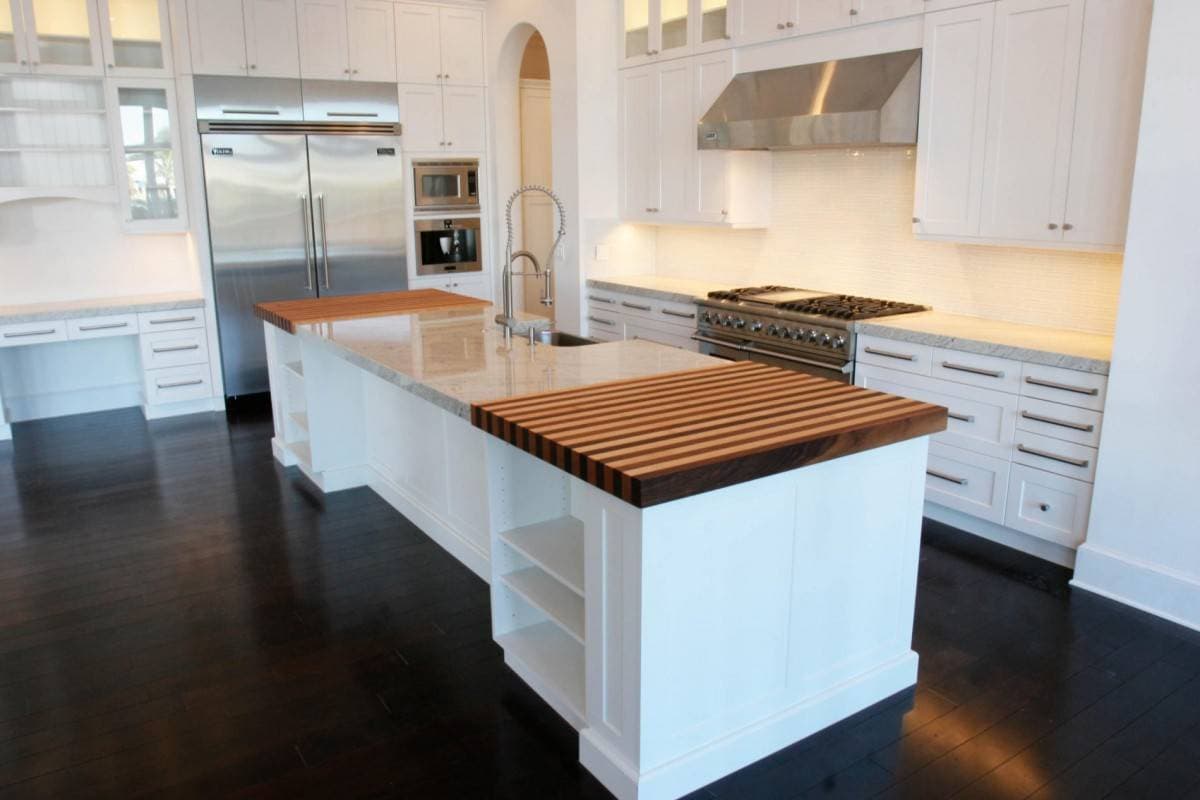
Despite being strong and porous, brick is prone to water damage. However, it can withstand stains and other risks when commercial sealers are used once or twice a year.
Brick is frequently treated with additional wax treatments by owners, but wax needs to be periodically stripped off and reapplied to avoid buildup.
Important factors to consider for both the materials and the installation
The procedure starts with the selection of the materials, but the actual installation is just as crucial.
More than 350,000 commercial floorings have been laid by Spectra Contract Flooring’s team of experts across the United States. In this section, we’ll share only a few helpful insights that our seasoned team has to offer.
You can save money on the flooring by sourcing materials through your flooring contractor, who is able to recommend the most cost-effective materials and negotiate better pricing with manufacturers.
Purchasing flooring directly from manufacturers is more expensive than sourcing materials through your flooring contractor.
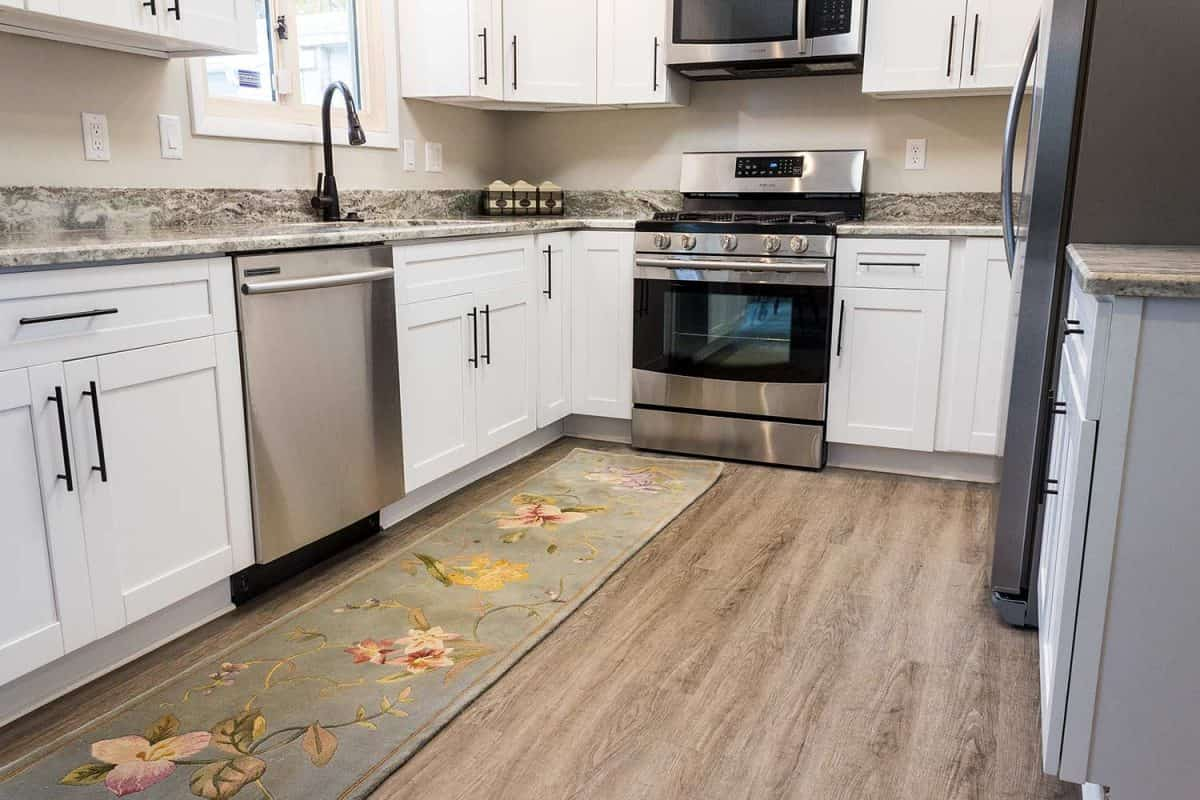
Request an inspection of your underlying concrete slab for any signs of moisture problems from your flooring installer.
In the event that it is not addressed, dampness might cause damage to your floor and render the guarantee null and void.
Installing something in the right way is essential. Your flooring installer needs to combine the flooring with the appropriate sub-base and underlayment materials that are specified by the manufacturer. If there is an air bubble underneath the tiles, they are more likely to crack and shatter.
Certain kinds of specialized flooring may need to have their installation done in a certain way, not just to ensure that it is done correctly but also so that the guarantee can be honored.
In many instances, we actually provide teams with training that is tailored specifically toward the installation of specialized flooring.
Collaborate with your tile installer to maintain additional tile on hand and prepare for replacements and maintenance. The majority of products come with some advice for replacement and maintenance.

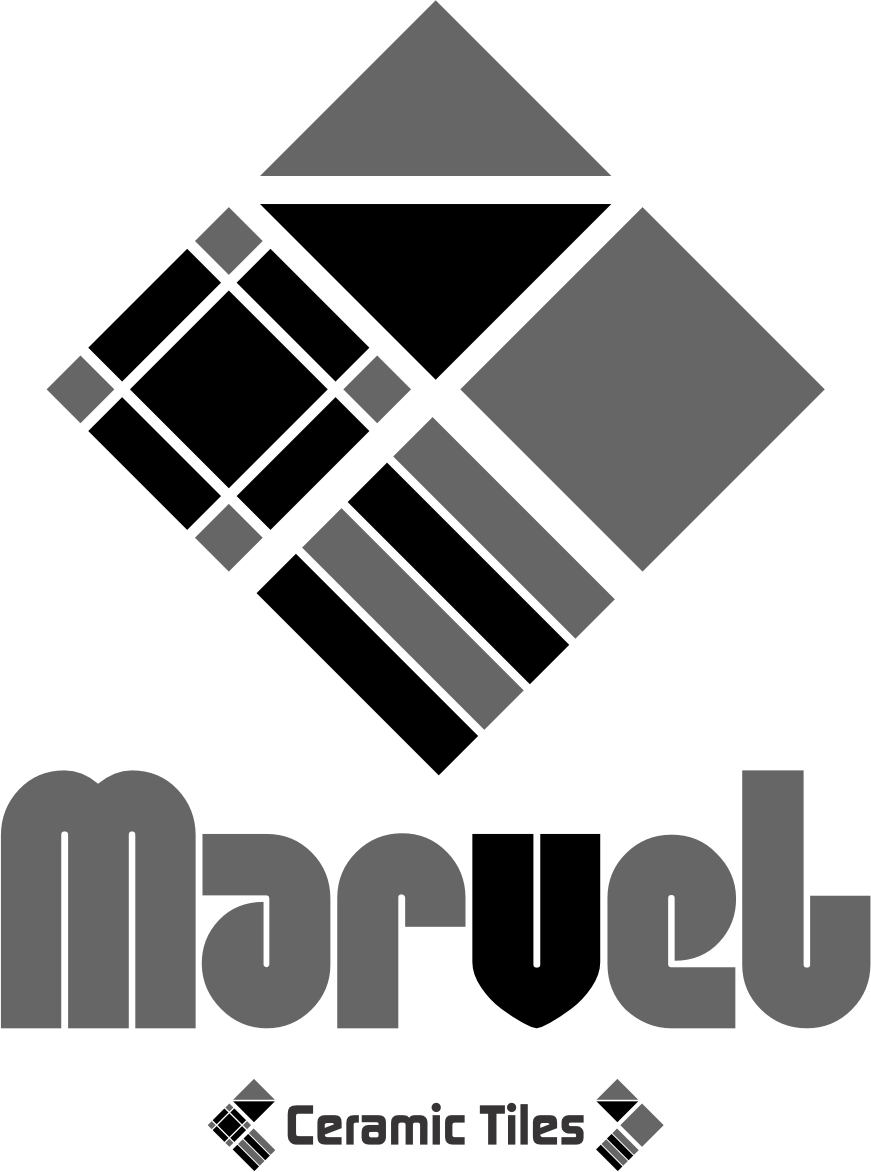
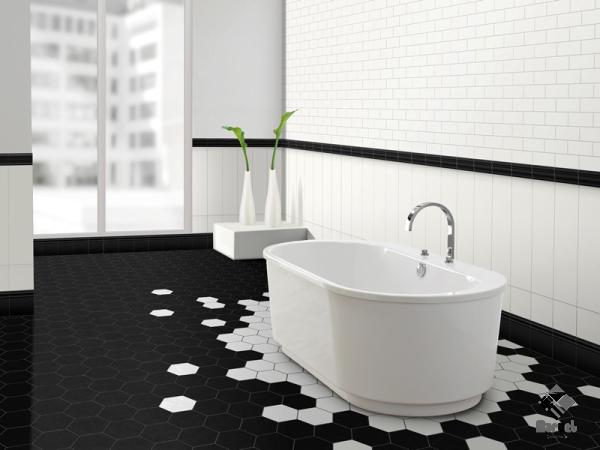
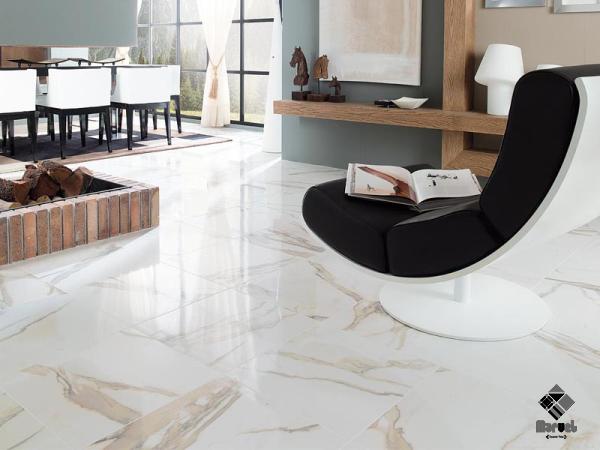
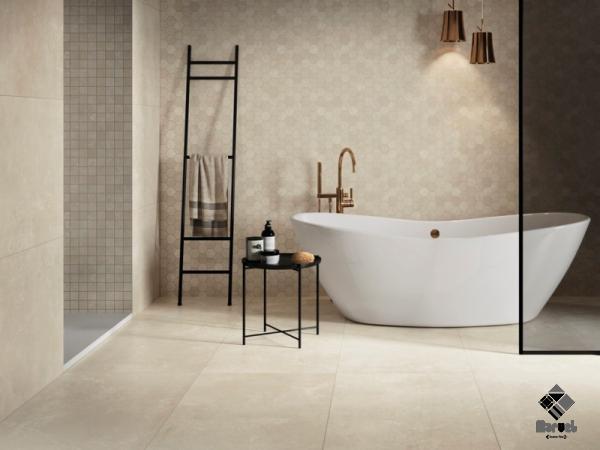
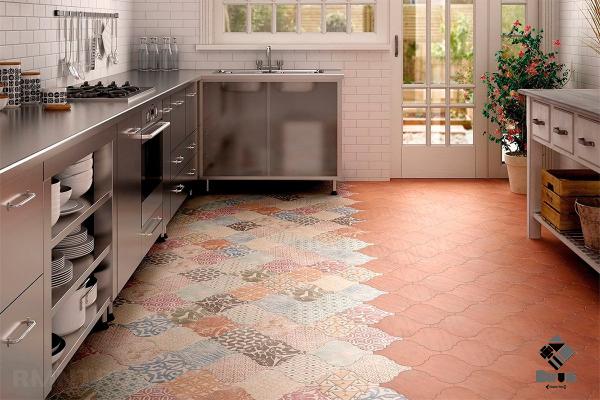
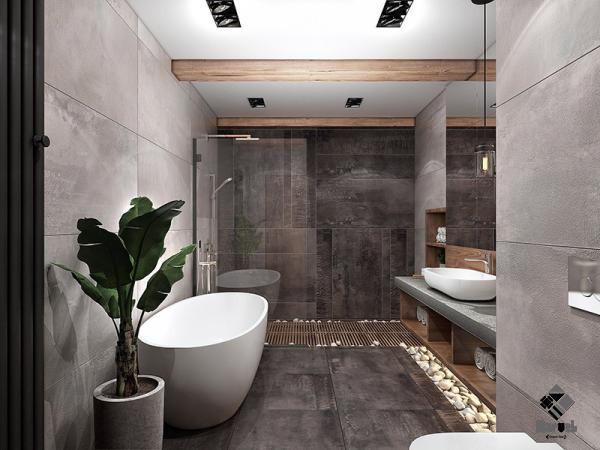
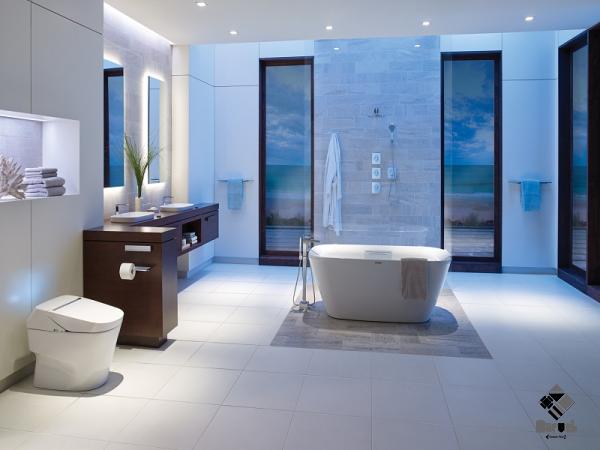
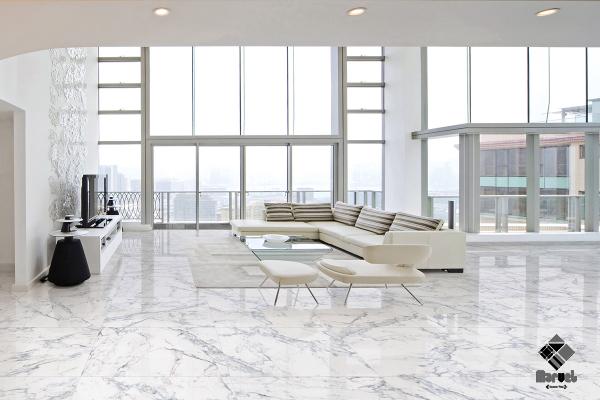
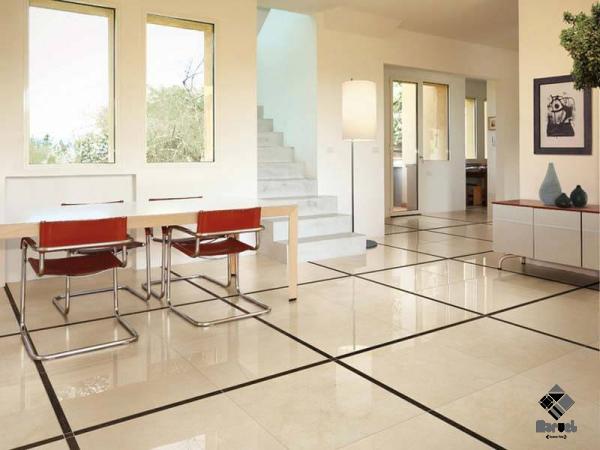
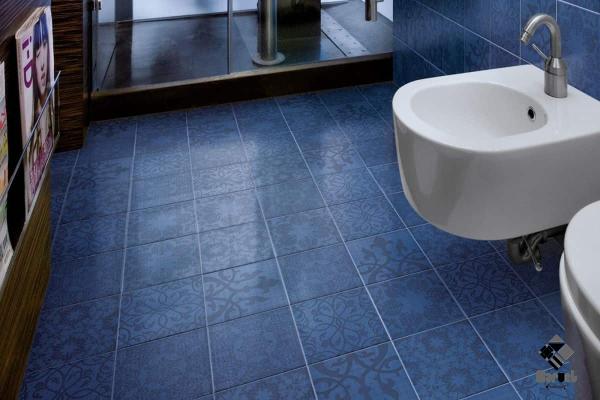
Your comment submitted.